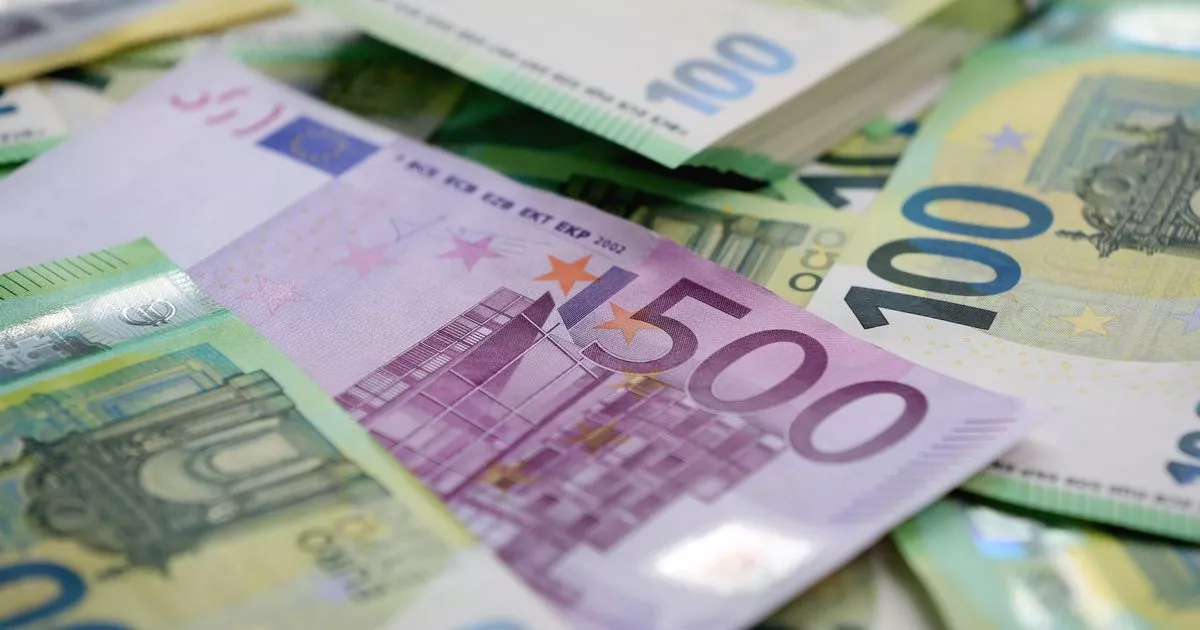
UK holidaymakers are being advised to exchange any leftover Bulgarian Levs or Romanian Leu ahead of a significant financial shift which was due next year. Both nations are preparing to adopt the Euro, joining the eurozone, which will render their current native currencies obsolete and potentially complicate the process of converting them back into sterling.
The plan was to adopt the Euro as early as next year, although that has been delayed.
Bulgaria has been growing in popularity as a family holiday destination for UK travellers since 2018, with its beach resorts being named the most affordable in Europe. Hundreds of thousands of Brits now choose Bulgaria for their annual holiday each year.
Romania sees an influx of 4.6 million tourists annually.
The transition mirrors Croatia’s move to the Euro in 2023. Following this change, any old Croatian Kuna can now only be exchanged at a single bank in Zagreb, causing significant inconvenience for international travellers.
A similar situation is expected for the Lev and Leu, sparking concerns among tourists and expats. Mario Van Poppel, founder of Leftover Currency, said: “With Bulgaria and Romania joining the eurozone, British travellers holding onto Levs or Leu need to act promptly. “Once the Euro is adopted, it will become increasingly difficult and costly to convert these currencies back to sterling, reports Bristol Live.
“We’ve seen similar challenges with the Croatian kuna, where the only option now is a specific bank in Zagreb.”
He warned: “The window of opportunity is closing fast. If people don’t exchange their levs or leu before the transition, they might face significant hurdles. Banks in the UK may no longer accept these currencies, and travellers might find themselves forced to travel back to Bulgaria or Romania just to get their money’s worth.”
“This is not only inconvenient but can also lead to financial losses.”
British jet-setters are urged to swap any spare Bulgarian Levs and Romanian Leu as swiftly as possible, whether at their local bank, a bureau de change, or via dedicated online platforms, to prevent being caught out financially and to sidestep the hassle of unexpectedly globetrotting for the sake of exchanging currency.



